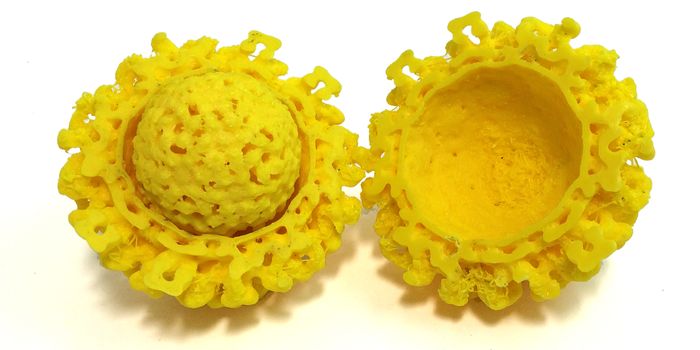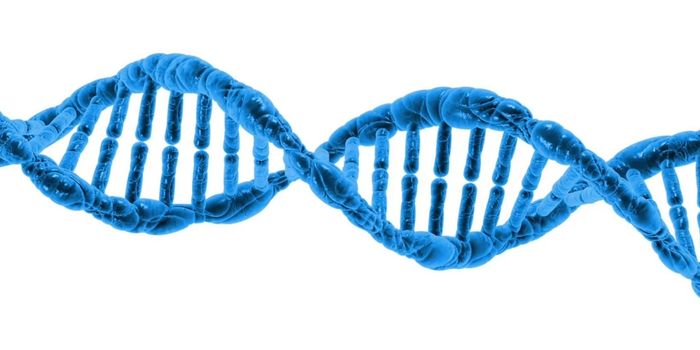Rare Disease Reveals Importance of Transporter in Brain Growth
Researchers at KU Leuven in Belgium and King's College London have found (more) evidence for the role and importance of thyroid hormones in brain development. If molecules that act as carriers for thyroid hormones are dysfunctional, the brain does not develop properly. In this study the investigators used chicken embryos to model a defect that causes human disease. Thyroid hormones are typically recognized for their function in metabolism, but this research highlighted their role in organ formation. These findings have been published in the Journal of Endocrinology.
Thyroid hormones orchestrate typical metabolic functions in the human adult, but they're also critical in human embryos because of the essential role they have in the development of organs, including the brain. "These hormones ensure that different cell types originate in the brain at the right moment, move to the right place, and make the right connections," explained Professor Veerle Darras of the Lab of Comparative Endocrinology at KU Leuven. "Until the thyroid is fully developed, a fetus depends on the mother's hormones. If the mother-to-be doesn't produce enough thyroid hormones, this has a negative impact on the brain development of the fetus from a very early stage."
Typically, hormone levels in the blood are used to assay the health and function of the thyroid, but that method is an imperfect and unreliable check. "This proved to be the case with the rare Allan-Herndon-Dudley syndrome (AHDS), a hereditary condition of the nervous system that only affects boys. These children suffer from severe mental retardation and locomotor deficits. Doctors looked for possible thyroid hormone deficiencies but, surprisingly, the level of hormones in the blood was abnormally high. The problem turned out to be in the transporters that bring the hormones from the blood to the inside of the cell. Due to a genetic mutation an important transporter - MCT8 - is deactivated in patients with AHDS."
The research team wanted to know more about the effect of that genetic mutation. Chicken embryos were used to experimentally model what happens when MCT8 is removed from a small region of the brain, explained doctoral student Pieter Vancamp. "The little brain is important for locomotion. A thyroid hormone deficiency impairs its development, but the role of the transporters was not yet known. In our study, we noticed relatively quickly that some important proteins - necessary for the development of brain cells - were not produced in sufficient amounts in the part of the brain with no active transporter. In a later stage, we noticed that the Purkinje cells - nerve cells located in the cortex of the little brain - have less dendritic branches. Therefore, brain cell signaling goes haywire, and problems arise in other cells as well."
This work indicates the early importance of thyroid hormones, and why it's important to check thyroid hormone levels as early as possible; for now the level is only measured after birth. "The earlier things go wrong, the harder it is to repair the damage after birth. Newborns are always screened for thyroid problems with the heel prick, but it's better to test the mothers-to-be as early as possible. Unfortunately, this does not yet happen in all hospitals. For the Allan-Herndon-Dudley syndrome, in particular, our study raises questions about possible prenatal treatments with variants of thyroid hormones: these can enter the cell without the transporter. But this is still an experimental treatment - one that is only being tested after birth."
You can see a story about a family dealing with that disease in the following video.
Sources: AAAS/Eurekalert! via KU Leuven, Journal of Endocrinology










